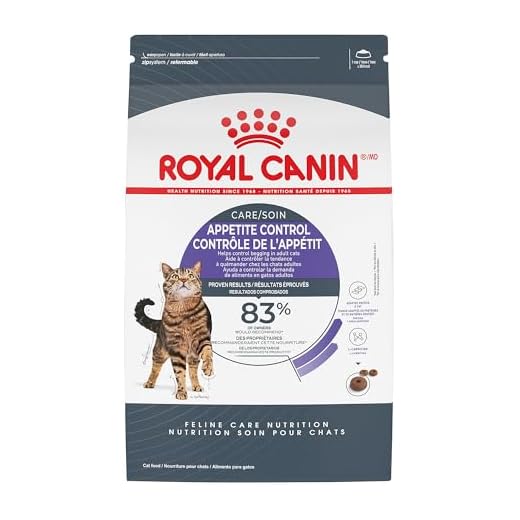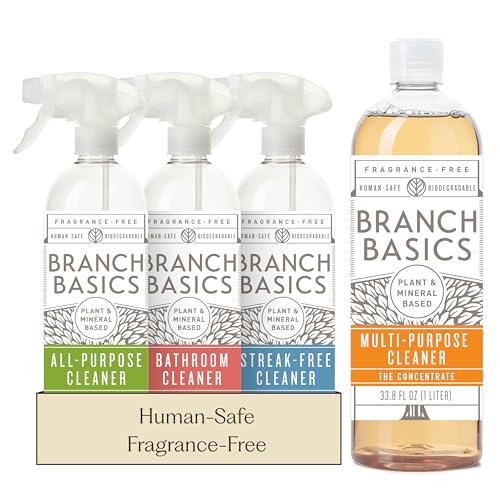



As an 8-year-old Scottish Fold with a keen interest in nutrition, I’ve explored the topic of whether it’s advisable for a feline to consume a rodent. The short answer is that there are both benefits and risks associated with this practice. While many of us have natural hunting instincts and may catch small creatures, it’s crucial to consider what these critters might carry.
Wild rodents can harbor parasites and diseases that could pose health issues. For instance, they might transmit toxoplasmosis and other harmful infections. It’s essential to ensure any prey is free from such threats. Additionally, the size of the rodent matters; smaller ones are generally less risky compared to larger species, which could potentially harm a smaller predator during the chase or struggle.
Furthermore, a balanced diet is key. While the occasional catch may provide some protein, it shouldn’t replace regular meals designed for optimal health. Always discuss with a veterinarian about your dietary plan, especially if you’re considering including natural hunting in your routine. Remember, being a responsible hunter is just as important as the thrill of the chase!
Nutritional Benefits of Mice for Felines
Chowing down on a rodent provides an excellent source of protein, essential for muscle development and overall energy levels. The amino acids found in these tiny creatures support tissue repair and growth, which is crucial for an active lifestyle.
Additionally, these critters are rich in taurine, a vital nutrient that supports heart health and vision. Without adequate taurine in the diet, one can experience serious health issues. This natural source ensures I get the required amount without any supplements.
Rich in Nutrients
The fat content in rodents is balanced, offering a mix of omega-3 and omega-6 fatty acids that promote a shiny coat and healthy skin. These fats also play a role in reducing inflammation, which can lead to better joint health as I age.
Natural Enrichment
Hunting and consuming small animals can stimulate mental engagement, enhancing my natural instincts. This activity helps keep my mind sharp and can alleviate boredom, resulting in a happier and more fulfilled existence.
Potential health risks for felines consuming rodents
While munching on critters may seem like a natural behavior, it carries several health concerns. The foremost risk involves parasites. Many rodents host parasites such as worms and protozoa, which can transfer to me during consumption. This can lead to gastrointestinal issues, weight loss, and lethargy.
Another issue is the potential for exposure to toxins. Rodents can be carriers of harmful substances from their environment, including poisons used in pest control. Ingesting these toxins can lead to severe health complications or even poisoning. Symptoms may include vomiting, seizures, or difficulty breathing.
Infectious diseases
Rodents can transmit various diseases. One notable example is hantavirus, which can be contracted through contact with rodent urine or droppings. Symptoms range from mild flu-like signs to more severe respiratory issues. Another disease, leptospirosis, can be contracted from contaminated water sources associated with rodents, leading to kidney and liver damage.
Choking hazards
Swallowing parts of a rodent, especially bones, poses a choking risk. Sharp fragments can cause internal injuries or blockages, resulting in distress and necessitating veterinary intervention. Regular monitoring for any unusual behavior after consumption is crucial to ensure well-being.
Considering these risks, it’s advisable to carefully evaluate the circumstances surrounding rodent consumption and consult with a veterinarian if there are any concerns about health or behavior. Maintaining a balanced diet with appropriate commercial food options can help mitigate these risks.
How to identify a healthy mouse for your feline friend
Look for signs of vitality and good health. A lively rodent should have bright, clear eyes. Dull or cloudy eyes can indicate illness. The fur should be smooth and shiny, not matted or patchy. An active, energetic demeanor is essential; a sluggish mouse may be unwell.
Physical condition
Check for any visible wounds or injuries. A healthy creature will have no signs of bleeding or swelling. Its body should appear well-proportioned without any noticeable lumps. Additionally, a healthy tail should be intact and free of any abnormalities.
Behavioral signs
Observe its behavior. A lively rodent will scurry around and explore its surroundings. If it appears lethargic or sits still for long periods, it may be sick. Healthy mice will show curiosity and an eagerness to interact with their environment.
Always consider the source of the rodent. Wild mice may carry parasites or diseases. If you are unsure, consult a veterinarian to discuss options. For those interested in feline companionship, check out the best names for siamese cats to find the perfect name for your furry friend!
Signs of Illness After Consuming a Rodent
Pay attention to these symptoms if your furry friend has had a run-in with a rodent:
- Vomiting: Frequent or severe regurgitation can indicate distress.
- Diarrhea: Loose stools might suggest digestive issues or infections.
- Loss of Appetite: If meals are being ignored, it could signal discomfort or illness.
- Excessive Thirst: An increase in water intake may point to underlying health problems.
- Lethargy: A noticeable drop in energy levels can mean something is wrong.
- Abdominal Pain: Signs of discomfort, such as sensitivity when touched, should not be overlooked.
- Fever: Elevated body temperature can indicate an infection or other health issue.
- Changes in Behavior: Unusual hiding, aggression, or vocalization can reflect distress.
Monitoring Recovery
Keep an eye on your companion’s condition over the next few days. If you notice any of the above signs, consult a veterinarian promptly. Early intervention can make a big difference in recovery.
Preventative Measures
Creating a safe environment will help minimize exposure to potential hazards. Regular check-ups and maintaining a balanced diet are essential for keeping your pal healthy. Always stay informed about what your pet consumes and their overall health.
Alternatives to feeding mice to your feline friend
Instead of relying on small rodents, consider high-quality commercial diets that mimic the nutritional profile of prey. Look for brands that include real meat as the first ingredient, supplemented with taurine, essential fatty acids, and vitamins. These formulations ensure a balanced intake without the risks associated with wild captures.
Raw diets can be an option, but it’s crucial to consult with a vet. They can guide you on safe practices for preparing raw meals, ensuring they meet dietary needs. Frozen raw food diets are also available, providing convenience without compromising nutrition.
Incorporating cooked meats such as chicken or turkey into meals can be a tasty alternative. Always ensure they are free from seasonings, bones, and skin. These options are not only palatable but also offer a variety of textures that might stimulate your taste buds.
Some felines enjoy seafood. Consider serving cooked fish like salmon or tuna occasionally. These treats can add diversity but should not replace regular meals, as they can be high in mercury.
Don’t forget about the importance of hydration. Wet food is a great way to keep moisture levels up and can enhance the overall diet. Look for options with high protein content and minimal fillers.
If you want to provide a more interactive feeding experience, puzzle feeders can be an excellent choice. These encourage exercise and mental stimulation while making mealtime fun.
Lastly, always monitor any dietary changes. If unusual symptoms arise, such as vomiting or lethargy, consult a veterinarian immediately. For further information on other topics, you can check this link: are john deere riding lawn mower keys universal.
Consulting a veterinarian about your pet’s diet
Always seek advice from a veterinarian regarding dietary choices. They can provide tailored recommendations based on individual health needs and lifestyle. It’s essential to schedule regular check-ups to ensure nutritional requirements are met.
Discuss protein sources, including the appropriateness of whole prey like rodents. A vet can guide you on the balance of nutrients needed for optimal health. Additionally, they can help you understand if any specific dietary restrictions apply.
Monitoring weight and overall health is vital. A professional can analyze body condition and suggest adjustments to the diet as necessary. If any unusual behaviors or symptoms arise after consuming certain foods, consult your vet promptly.
Remember, not all natural diets suit every furry friend. A veterinarian will ensure that your companion receives a balanced diet that supports a healthy lifestyle. Regular consultations can prevent potential health issues related to improper feeding practices.









